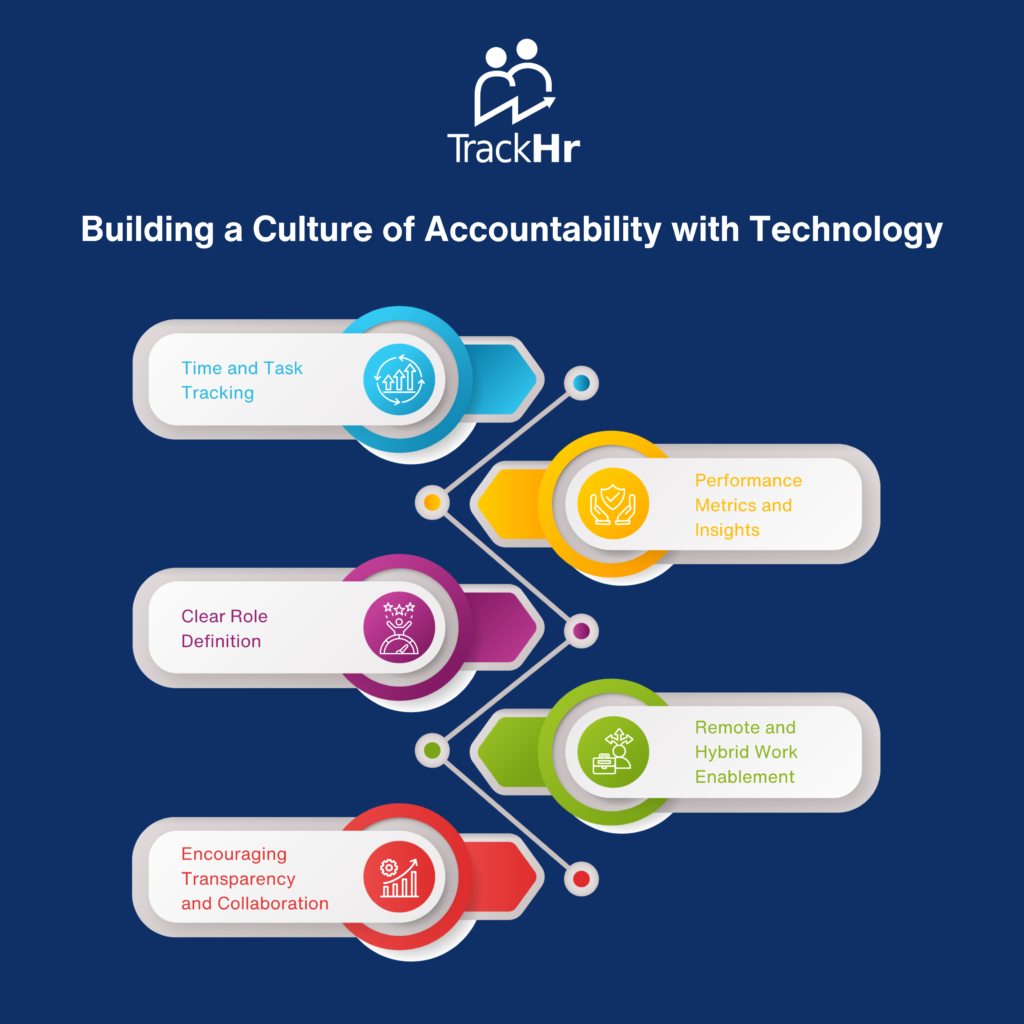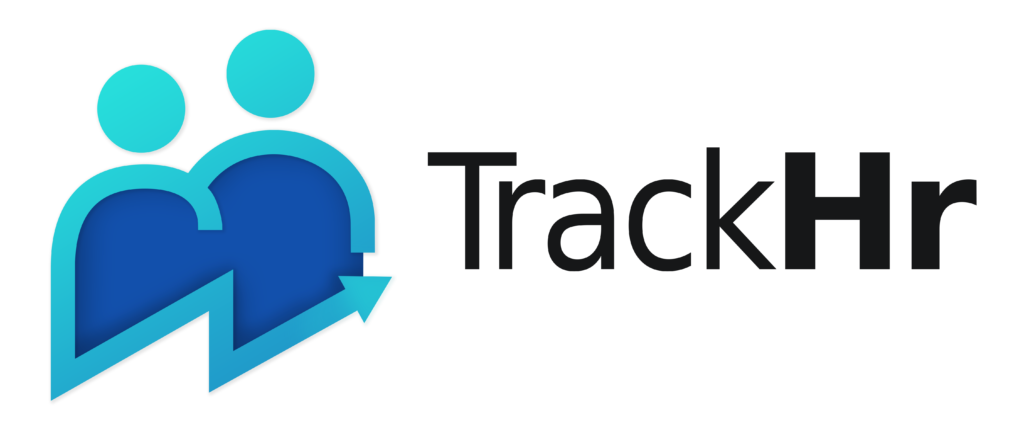Tuesday, 03 Dec 2024
Building a Culture of Accountability with Technology
In today’s fast-paced business environment, accountability is no longer just a buzzword; it is a cornerstone for organizational success. A culture of accountability ensures that every team member takes ownership of their responsibilities, fostering trust, transparency, and efficiency. But cultivating this culture can be challenging without the right tools and systems in place. This is where technology, such as TrackHr, steps in as a game-changer.
The Importance of Accountability in Teams
Accountability drives performance and helps create a positive work environment where employees feel empowered to deliver results. It bridges the gap between goals and outcomes, making it clear who is responsible for what. Moreover, accountability ensures transparency, reducing the chances of miscommunication and inefficiencies.
However, traditional methods of enforcing accountability—manual check-ins, micromanagement, or ad hoc reporting—often lead to friction and burnout. Modern businesses require smarter solutions to instill accountability seamlessly.
Leveraging Technology for Accountability
Technology offers innovative ways to embed accountability into organizational culture without it feeling forced. Tools like TrackHr, a cutting-edge employee management solution, provide a digital framework that makes accountability natural and effortless. Here’s how:

1. Time and Task Tracking
TrackHr ensures that every minute and task is accounted for by providing real-time insights into how time is spent. This transparency motivates team members to stay focused and meet deadlines, as they are aware of the visibility of their contributions.
2. Performance Metrics and Insights
With tools that offer detailed analytics, team leaders can monitor individual and team performance at a glance. This ensures that achievements are recognized, and areas for improvement are identified early, fostering a balanced approach to accountability.
3. Clear Role Definition
TrackHr helps clarify roles and responsibilities by mapping out tasks and deadlines. When employees know exactly what is expected of them, they can focus on delivering results without ambiguity, leading to improved ownership of responsibilities.
4. Remote and Hybrid Work Enablement
In an era where remote and hybrid work models are the norm, ensuring accountability is more critical than ever. TrackHr provides tools to monitor productivity regardless of location, enabling businesses to maintain a cohesive and transparent work culture.
5. Encouraging Transparency and Collaboration
Transparency is a critical component of accountability. By offering visibility into team workloads, progress, and priorities, TrackHr fosters collaboration and prevents misunderstandings. This ensures that accountability is viewed as a collective effort rather than a top-down directive.
The Impact of Accountability on Teams
When accountability becomes an integral part of a company’s culture, the benefits are far-reaching:
- Increased Trust: Team members trust that everyone is pulling their weight, creating a more harmonious work environment.
- Enhanced Productivity: Employees work more efficiently, knowing that their contributions are visible and valued.
- Better Decision-Making: Transparent data empowers leaders to make informed decisions.
- Stronger Relationships: A culture of accountability strengthens the bond between employees and management, fostering loyalty and engagement.
Building the Future of Work with Accountability
Companies like Hex Business Innovations understand that technology plays a crucial role in shaping modern workplaces. Solutions like TrackHr are not just tools; they are enablers of a forward-thinking, accountable culture.
Investing in accountability-focused technologies today ensures that your organization is not only competitive but also a place where employees thrive. By adopting tools like TrackHr, you pave the way for a future where accountability, transparency, and trust are at the core of your success.
